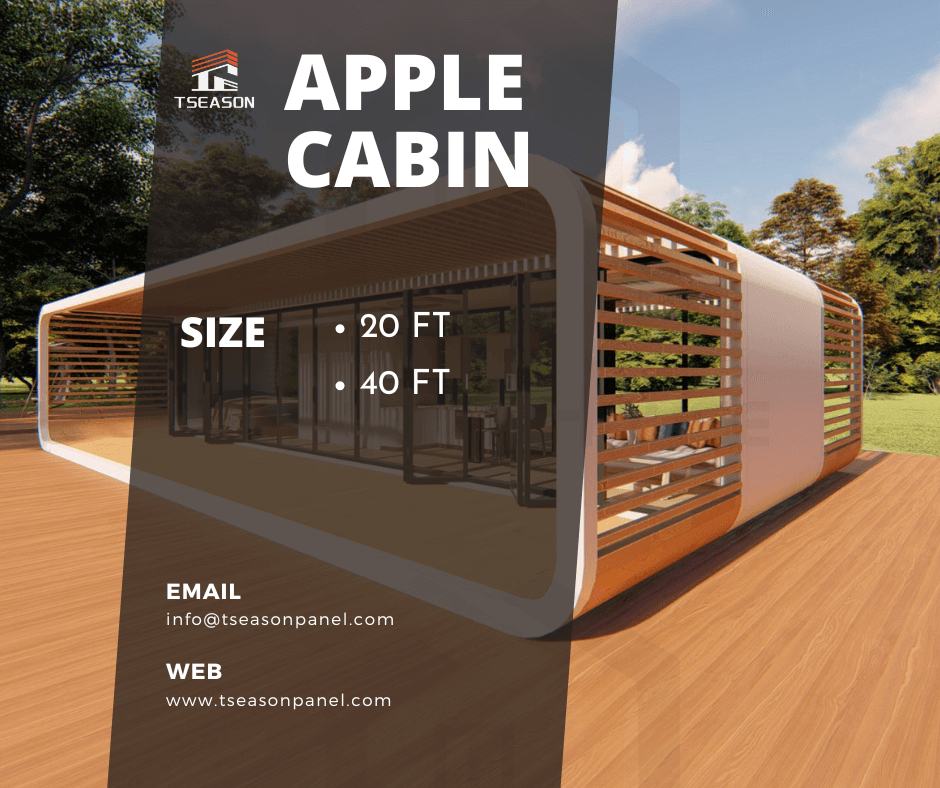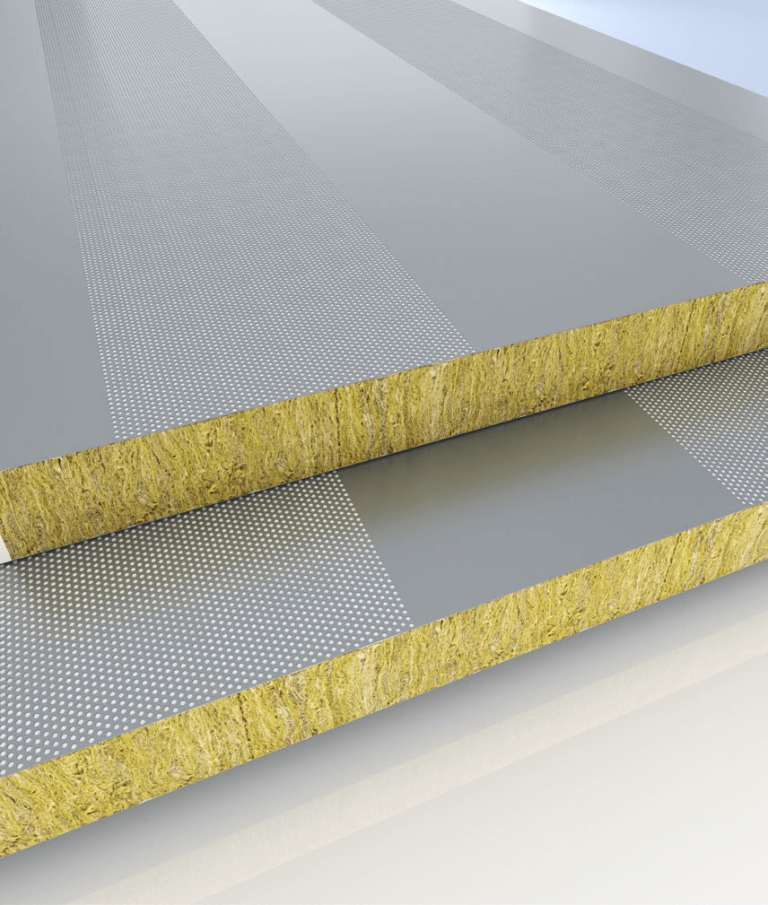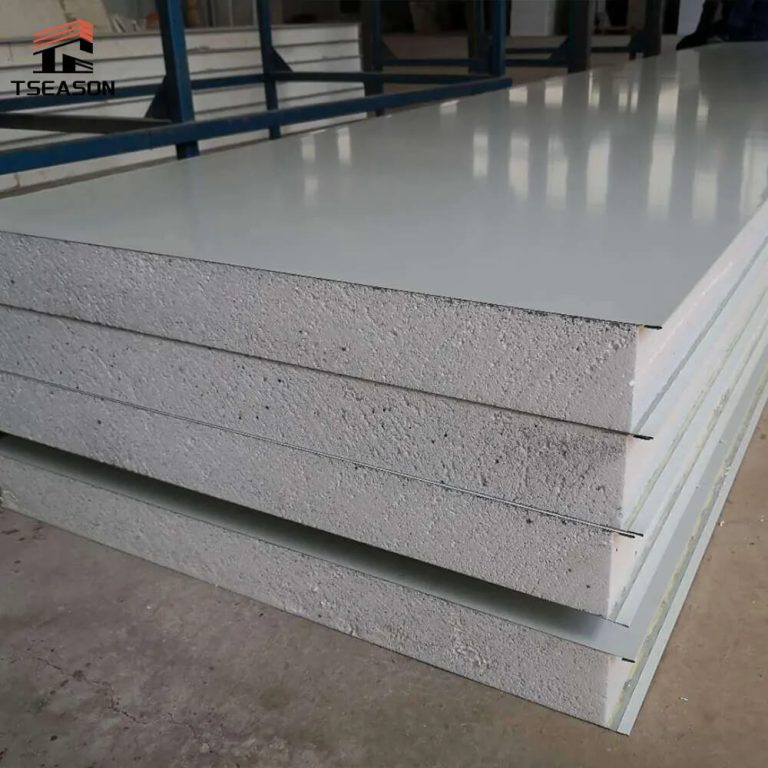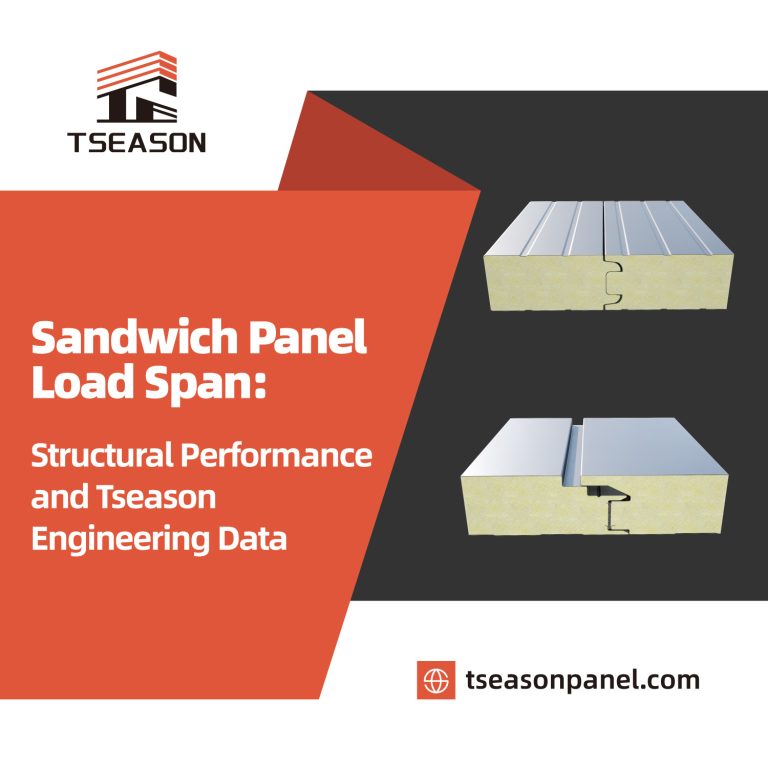The Advantages and Disadvantages of Modular House
A modular house is a permanent home that is constructed in an indoor environment in a factory and then transported in one piece to a new location, where it is assembled by a contractor with a prefabricated home foundation. However, note that a modular house is not a mobile house. It is simply a home that is not built entirely on your land. Modular houses are also called factory-built, system-built, or prefabricated houses.
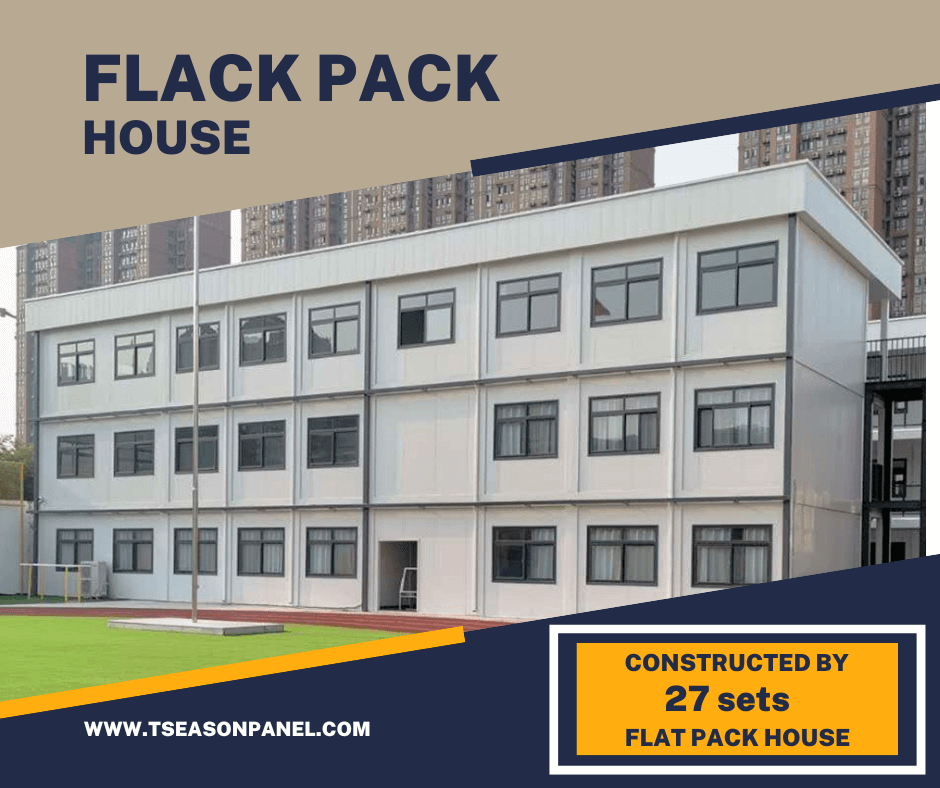
How is a modular house different from a site-built house?
Because a modular house is built in a factory, more than 80% of the work will be done indoors, so the architectural portion of the house can be completed in a matter of weeks (rather than months), and the weather won't affect the construction. However, modular houses must meet specific rules, guidelines, and building codes that often exceed those of traditional on-site homes and are subject to stricter scrutiny.
It's also important to note that when considering a modular house, it's essential to shop around because not all companies that manufacture factory-built homes are created equal. There can be significant differences in quality, price, and service. As with buying or building a house, conduct research and study. In particular, inquire about what is included in the quote and whether it includes water and electrical equipment construction and transportation.
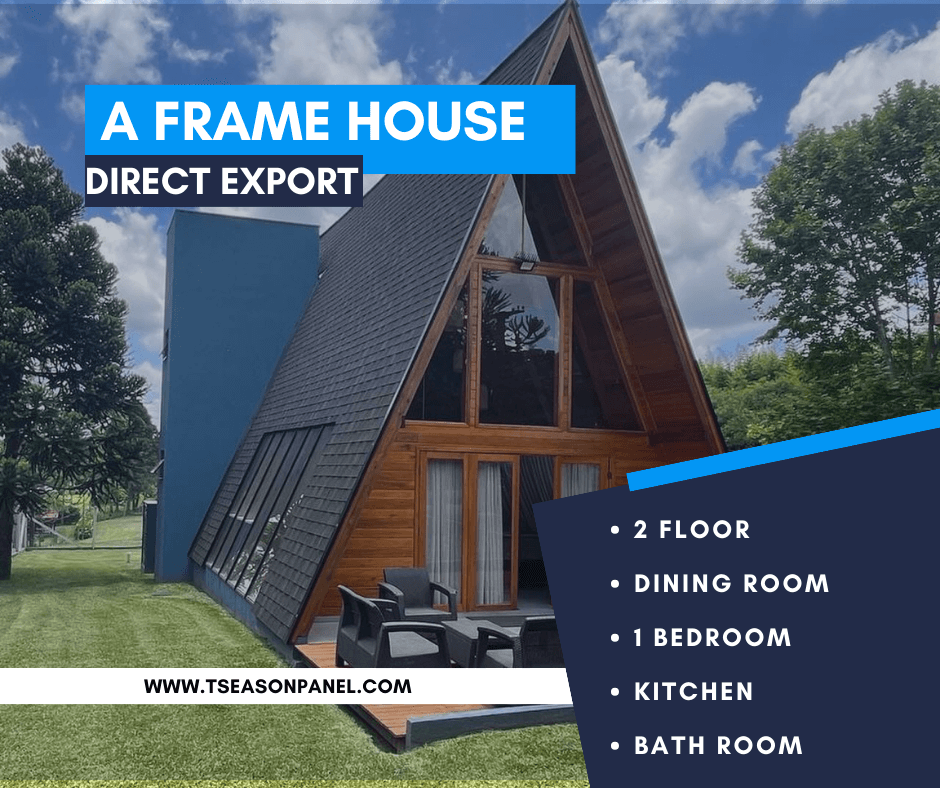
Advantages and Disadvantages of Modular Houses
Pros.
- Modular houses are evaluated in the same way as site-built homes, and the homes also have a permanent foundation structure underneath.
- The average modular house manufacturer offers design services that are reasonably flexible to provide certain variations per the customer's requirements.
- Home design styles and sizes are optional and not set in stone.
- Modular structures are available for commercial applications, including office buildings.
- Modular houses are permanent structures, i.e., "real estate."
- Modular houses can be built on crawl spaces and basements.
- Modular houses are also reviewed for green building requirements and can be more energy efficient.
- Modular houses are much faster than site-built homes, but modular homes are scrutinized more closely.
- Home loans for modular houses are the same as for site-built homes.
- Insurance premiums for modular houses are the same as for site-built homes.
- Taxes for modular houses are the same as for site-built homes.
Disadvantages.
- A more spacious construction site with access to large equipment, such as cranes, etc., is needed to install the home.
- Potential Quality Issues. Since most modular house components are built quickly off-site, sometimes a mistake can jeopardize the entire house, and the homeowner may find out about the error too late.
- Fast is only sometimes best. One of the main advantages claimed by modular manufacturers is faster construction, but a quicker build process can be detrimental. For example, it's challenging to make changes once manufacturing has begun, and having to change can disrupt the construction process and time. Also, most modular companies are unwilling or unable to modify floor plans. So, once the decision is made, you need more flexibility to make changes.
- Transportation Risks. Individual modules must be transported from the factory to the building site. Modular components need to be handled carefully during transportation. However, stress cracks in thin sheets are common.
- Transportation costs for modules may be higher than transportation costs for the materials used to manufacture them. Depends on the location of your home and the project.
- Resale Issues. Many people believe that modular homes are better than traditional homes. And it would be best always to appreciate public opinion's power. The negative image of modular homes may make resale more difficult someday.
